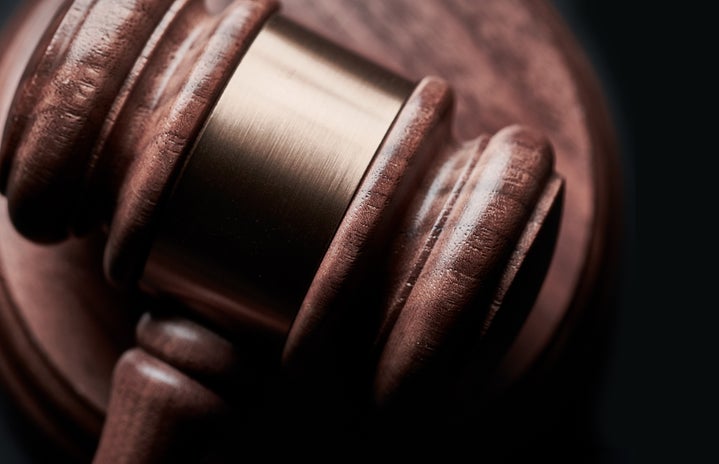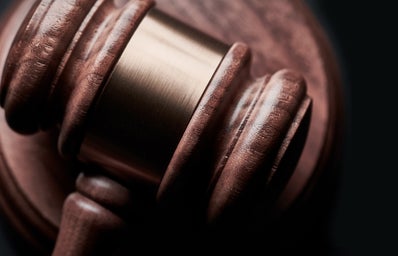As a woman, I should feel thrilled that another woman has been confirmed to the Supreme Court. I should be relieved that Ruth Bader Ginsberg’s legacy isn’t to be replaced with another grumpy, old white man. This is a well-educated mother of seven who has become a power-player in shaping legal policy. Instead, Amy Coney Barrett makes me terrified for the legal landscape of the United States.
Barrett marks a 6-3 conservative majority on the US Supreme Court. As an appeals judge, she was an incredibly reliable conservative voter. For reference, Brett Kavanaugh, the alleged rapist, now sits as one of the most center-leaning voices on the court. Although Barrett is an extremely devout Catholic, she has repeatedly said that her religion does not influence her judicial rulings. Instead, we can look to her legal philosophy as an originalist: judges should attempt to interpret the words of the Constitution as the authors intended it to be written. The other two judges appointed by President Trump have espoused the same philosophy.
Lori Lightfoot, mayor of Chicago and lawyer, had a poignant response when she was asked if she was an originalist: “You ask a gay, Black woman if she is an originalist? No, ma’am, I am not. Since the constitution didn’t consider me a person in any way, shape or form, because I’m a woman, because I’m Black, because I’m gay – I’m not an originalist.” There have been mental gymnastics throughout the decades to justify an originalist ruling on various cases, such as the end to segregation. The modern-day court would be extremely uncomfortable with any criticism of Brown v. Board of Education, yet if true originalist principles had been used to decide the case, they would have been forced to acknowledge that the lawmakers who amended the Constitution to grant equal protection indisputably believed that segregation was constitutionally permitted.
So, when Amy Coney Barrett answered during her hearing that she considered Brown v. Board of Education to be a “super-precedent” and Roe v. Wade was not, the fallacies of her legal philosophy became more apparent. To clarify, a “super-precedent” is, as Barrett defined, a decision so settled that it cannot be overruled. It is a relief that a woman who has adopted two black sons does not believe that a ruling that ended segregation could never be overturned, but she is cherry-picking which cases can be guided by modern policy to become unquestionable. Barrett has not stated that she personally believes this, but other Catholic originalists believe that the Constitution should be interpreted as providing protection to all unborn fetuses, viable and unviable. Her professional opinion of how the constitution should interpret abortion is unclear, but her personal beliefs can be accounted for when she approved of a 2006 advertisement stating that life begins at conception and that abortion is “barbaric.”
Publicly stating that Roe v. Wade has the possibility to be overturned is scary, but still unlikely. Barrett herself stated at a 2016 appearance at Jacksonville University that it would be more likely that the core case would stand, but the practical application of it would dissipate. Reproductive rights can be slowly chipped away at, by applying steep restrictions to clinics and women, to the point where abortion may not be criminalized, but it won’t be legally accessible.
As Barrett repeatedly stated during her hearing, no one can know how a judge will rule until a case is sitting before them. But the mental leaps required to understand what Barrett’s lifetime appointment to the Supreme Court could mean for reproductive rights are minuscule. It won’t be overnight, but the fear American women feel for their bodily autonomy is warranted.
And, if this wasn’t depressing enough, just look up her opinions on climate change…



